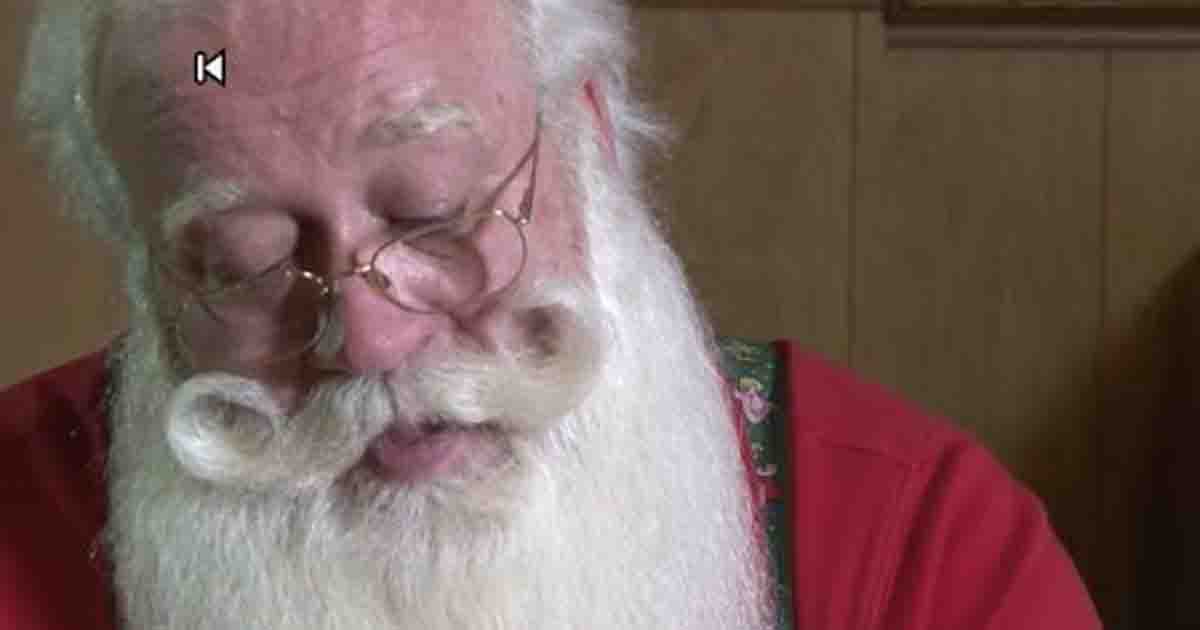Why doctors say baby teeth might save your child’s life one day
Scientists are urging parents to store baby teeth, which contain powerful stem cells that could help fight disease in the future.
Instead of tossing your child’s baby teeth, doctors say you may want to save them—they could help cure serious diseases someday.
In 2016, 7-year-old Jenson Wright had only a small chance of survival. Cancer had returned to his little body for the second time, and treatments weren’t working. His parents were heartbroken.
Then, a life-saving miracle arrived—not from a medicine cabinet, but from another mother’s act of kindness. She had stored her newborn’s umbilical cord, which was rich in stem cells. Doctors used those cells in a transplant that helped Jenson’s body fight off the cancer. Just five days later, he began to recover. Today, Jenson is a healthy 16-year-old boy.
His story has inspired a bigger conversation: Can something as small as a baby tooth carry that same healing power?
What’s hiding inside baby teeth?
Behind every wiggly tooth lies something powerful: stem cells. These are special cells in the body that can become other types of cells—like brain, bone, or heart cells. The ones found inside baby teeth are called mesenchymal stem cells (MSCs), and they can help repair or grow tissue.
Unlike other stem cells that require surgery to extract, dental stem cells come from teeth that fall out naturally. Scientists say it’s an easy and painless way to collect potentially life-saving material.
According to the National Library of Medicine, these stem cells from human baby teeth are “the best candidates for personal cell banking” because they’re easy to get and come directly from the person who might one day need them.
Storing baby teeth for the future
This process is called dental pulp stem cell banking. When your child loses a tooth, instead of throwing it away, you send it to a stem cell bank. There, the tooth is frozen and stored for future use, just like people store umbilical cord blood.
These teeth could one day help treat illnesses like diabetes, heart disease, or even repair injured organs. And since the cells come from your own child, there’s almost no risk of the body rejecting them.
However, there’s a catch: while the research is exciting, most of the treatments using dental stem cells are still in development. That means the real benefits could still be years away.
Is it worth the cost?
Private stem cell banks charge a fee to collect and store baby teeth. For some families, this offers peace of mind—a kind of health insurance for their child’s future. But others may wonder if it’s worth the money, especially since the treatments aren’t guaranteed.
Public stem cell banks, like those for cord blood, are more commonly used in medicine today and often don’t charge families to donate. So, while saving a baby tooth might someday save a life, it’s not yet a sure thing.
A powerful but personal decision
Stories like Jenson Wright’s show us the life-changing power of stem cells. And while his miracle came from an umbilical cord, researchers believe that someday, a baby tooth could do the same.
Choosing to bank your child’s baby teeth is a deeply personal decision—one that balances hope, science, and cost. It’s not for everyone, but it’s a reminder that even the smallest parts of us can hold great potential.
Would you save your child’s baby teeth if it could help protect their health someday?





